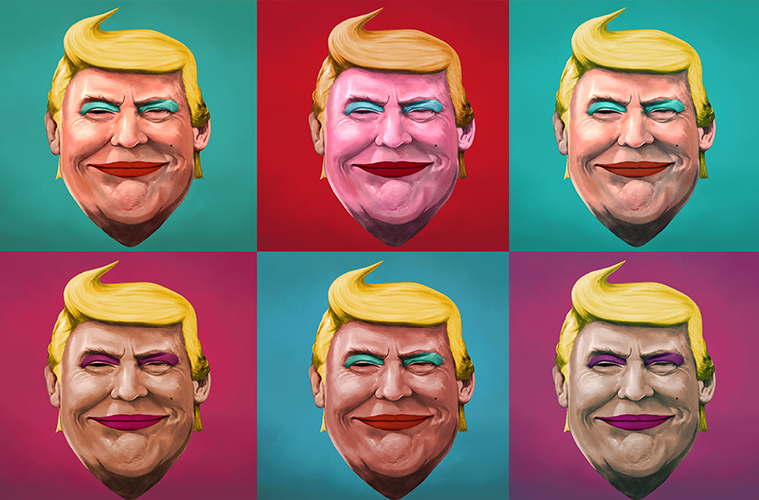If there’s anything Canadians can count on when it comes to the U.S. Presidency, it’s unpredictability.
There’s no denying that the first 100 days under a new U.S. President are considered a critical first look into how the rest of his presidency will likely play out. The first 100 days, according to the Washington Post, became the unofficial yet highly common measurement for each incoming president because of how much was accomplished by Franklin D. Roosevelt (FDR) when he first took office in 1933. At the time, America – and the world – was still reeling from the stock market crash of 1929 and were amid The Great Depression. In his first 100 days as President, FDR instilled not only new, corrective legislation in attempts to avoid such economic catastrophe in future but also an uplifted mood in the American people, setting the tone for his administration.
If the first 100 days are any indication of what’s to come from Donald Trump’s presidency, it might be time for Canada to look out.
There are some who’ve called the first days of Mr. Trump’s presidency appalling. There are others who are excited about what he’s put into motion, hoping very much that the jaw-dropping pieces of legislation will, indeed, make America great again (which assumes, of course, that it wasn’t great before he got there). Then there are the few who only come out to witness the Twitter rants that President Trump seems to unleash like clockwork these days. But no matter how sensationalized this presidency has been thus far, it’s important for Canada not to take their eye off the prize: trade with the U.S.
One of Trump’s promises during his campaign was to “rip up NAFTA.” Trump viewed the trade deal as bad for the American economy. Even though there are some who say renegotiating the North American Free Trade Agreement would focus more on trade with Mexico than Canada, there are many who are just as worried for our trade and economy if – but more likely, when – a renegotiation happens.
Canada and the U.S. are, of course, very closely tied when it comes to trade. But the days of massive trade deals between countries seem to be falling by the wayside. Instead, smaller – and smarter – trade deals may become the eventual norm, especially where a renegotiated or completely redrawn NAFTA-type deal is concerned.
As well, recognizing new players in the game will be essential going forward. Suggestions of a “NAFTA +1” that would include the United Kingdom seem to be inherently possible; Trump is a huge supporter of Brexit so a new trade deal including the U.K. would make sense coming from him.
But would it make sense without Mexico in the game at all? Perhaps. Trade with the U.K. instead of Mexico could mean big things for Canada, as long as President Trump gets what he wants from the deal first.
President Trump does not seem to be interested in running America like a country; he’d rather run it like one of his businesses, a point that was rather well made by the somewhat surprising appointments of his cabinet in recent weeks (ICYMI: it’s made up of a number of billionaires with no political experience, just like him). While this may seem like a great idea in theory, it may prove highly problematic in practice since America happens to be the most powerful ‘business’ in the free world with over 324 million ‘employees’ who are counting on their ‘new boss’ to not screw this up.
What the effects of President Trump’s administration boil down to for Canadians are the same as the Boy Scout motto: Be Prepared. Just because we’re the second-largest trading partner to our southern neighbours, because 35 states and nine million Americans depend on trade with Canada, or because approximately $450 billion worth of goods crosses our borders every year, doesn’t mean our country is immune to the wrath that is President Donald Trump. After all, he has already alienated the Prime Minister of Australia, one of the U.S.’s biggest allies.
There should be no doubt in anyone’s mind that all trade decisions, or decisions of any kind, will be putting America first.
Written By Jess Campbell


